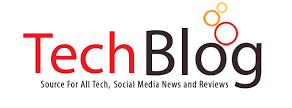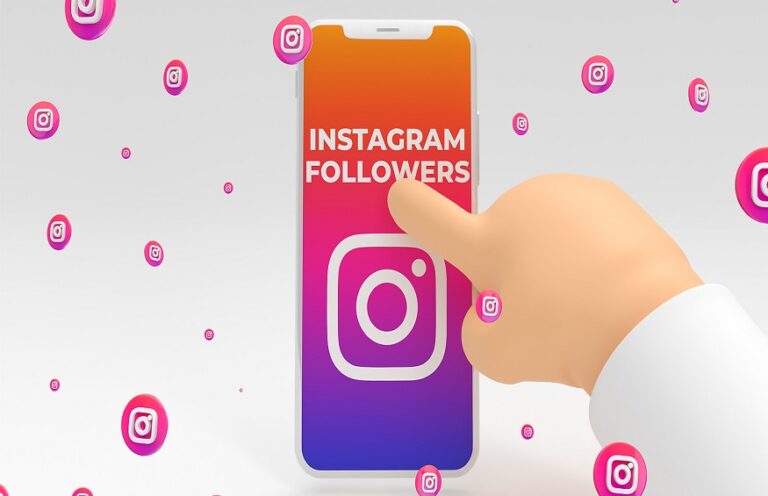In the world of business-to-business (B2B) sales, lead generation is the lifeblood of growth and success.
However, the landscape of generating quality B2B leads has evolved significantly over the years. As technology advances and buyer behaviors shift, it becomes crucial for businesses to adapt and deploy the most effective strategies to stay ahead of the competition.
In this article, we explore some of the most impactful B2B lead generation techniques that can empower businesses to achieve their revenue goals and drive sustainable growth.
1. Content Marketing
Content marketing continues to be one of the most effective B2B lead generation strategies. By creating and distributing valuable and relevant content, businesses can attract and engage their target audience.
Educational blog posts, white papers, e-books, webinars, and videos can showcase expertise, build trust, and establish credibility. By incorporating strong calls-to-action (CTAs) within content, businesses can convert interested prospects into qualified leads.
2. Social Media Marketing
With the growing presence of businesses and professionals on social media platforms, leveraging social media ads and marketing for lead generation has become essential.
By crafting a compelling social media strategy, businesses can engage with their target audience, share valuable content, and drive traffic to their website or landing pages.
Utilizing paid advertising and sponsored posts on platforms like LinkedIn, Twitter, Facebook and Instagram ads can further enhance lead generation efforts by reaching specific demographics and industries.
3. Search Engine Optimization (SEO)
A strong SEO strategy is crucial for B2B lead generation. By optimizing websites and content for search engines, businesses can increase their visibility and attract organic traffic.
Keyword research, on-page optimization, link building, and technical SEO improvements can all contribute to higher search engine rankings.
When prospects search for solutions or information related to a business’s offerings, appearing at the top of search results can significantly enhance lead generation potential.
4. Account-Based Marketing (ABM)
Account-Based Marketing has gained immense popularity in recent years due to its personalized and targeted approach.
ABM involves identifying key accounts and tailoring marketing efforts specifically to engage and convert them into customers.
By conducting thorough research, creating personalized content, and utilizing direct outreach tactics such as email and social media, businesses can build relationships with high-value prospects and generate quality leads.
5. Influencer Marketing
Collaborating with influencers or industry experts can greatly amplify B2B lead generation efforts. Influencers hold sway over their followers and can help businesses increase brand awareness and credibility.
By partnering with influencers relevant to their industry, businesses can tap into their established audience and generate high-quality leads.
This strategy is particularly effective when the influencer aligns with the business’s target market and has an engaged and loyal following.
6. Email Marketing:
Email marketing remains a powerful tool for B2B lead generation. By building a targeted email list, businesses can nurture leads and guide them through the sales funnel.
Personalized and segmented email campaigns, offering valuable content, promotions, and personalized recommendations, can help businesses stay top-of-mind with their prospects.
Email automation and analytics tools further enhance the effectiveness of email marketing by enabling businesses to track engagement and measure success.
7. Webinars and Virtual Events
Hosting webinars and virtual events allows businesses to showcase their expertise and provide valuable insights to a targeted audience.
By offering educational and interactive sessions, businesses can capture leads through registration forms and engage prospects in real-time.
These events provide an opportunity to build relationships, address pain points, and demonstrate the value of products or services, ultimately generating high-quality leads.
8. Referral Programs:
Leveraging the power of referrals can be a highly effective lead generation strategy. Encouraging satisfied customers to refer their peers or colleagues can result in qualified leads with a higher likelihood of conversion.
Implementing a structured referral program, offering incentives or rewards for successful referrals, can incentivize customers to actively promote a business’s offerings to their network, expanding the reach and credibility of the brand.
9. Strategic Partnerships
Forming strategic partnerships with complementary businesses can provide access to a wider pool of potential leads.
By identifying non-competitive companies that serve the same target audience, businesses can collaborate on joint marketing campaigns, co-host webinars or events, or even offer bundled services or solutions.
These partnerships can create mutually beneficial opportunities for lead generation and foster long-term relationships with shared customers.
10. Website Optimization and Conversion Rate Optimization (CRO)
A well-optimized website plays a critical role in B2B lead generation. Streamlining the user experience, improving website load times, ensuring mobile responsiveness, and optimizing landing pages can significantly impact lead generation efforts.
By analyzing user behavior, conducting A/B testing, and implementing CRO techniques, businesses can refine their website elements to increase conversions and capture more leads.
11. Retargeting and Remarketing
Not all prospects convert into leads on their first visit to a website. Retargeting and remarketing techniques enable businesses to reach out to these prospects who have shown interest but have not taken action.
By placing tracking pixels on their website, businesses can display targeted ads to these prospects on other platforms they visit, such as social media or other websites.
This approach keeps the business top-of-mind and encourages prospects to re-engage and convert into leads.
12. Data-driven Lead Generation
Leveraging data analytics and technology can enhance B2B lead generation efforts. By utilizing customer relationship management (CRM) systems, lead scoring models, and predictive analytics, businesses can identify and prioritize high-value leads.
Analyzing customer behavior, demographics, and purchase history can provide valuable insights to tailor marketing messages and strategies, ultimately optimizing lead generation and conversion rates.
Conclusion
The most effective B2B lead generation strategies often involve a combination of tactics tailored to the target audience and industry.
By deploying a diverse range of techniques such as content marketing, social media, SEO, ABM, influencer marketing, email marketing, webinars, referrals, strategic partnerships, website optimization, retargeting, and data-driven approaches, businesses can maximize their lead generation potential and drive sustainable growth.
Adaptability, measurement, and continuous optimization are key to success in this ever-evolving landscape.














+ There are no comments
Add yours